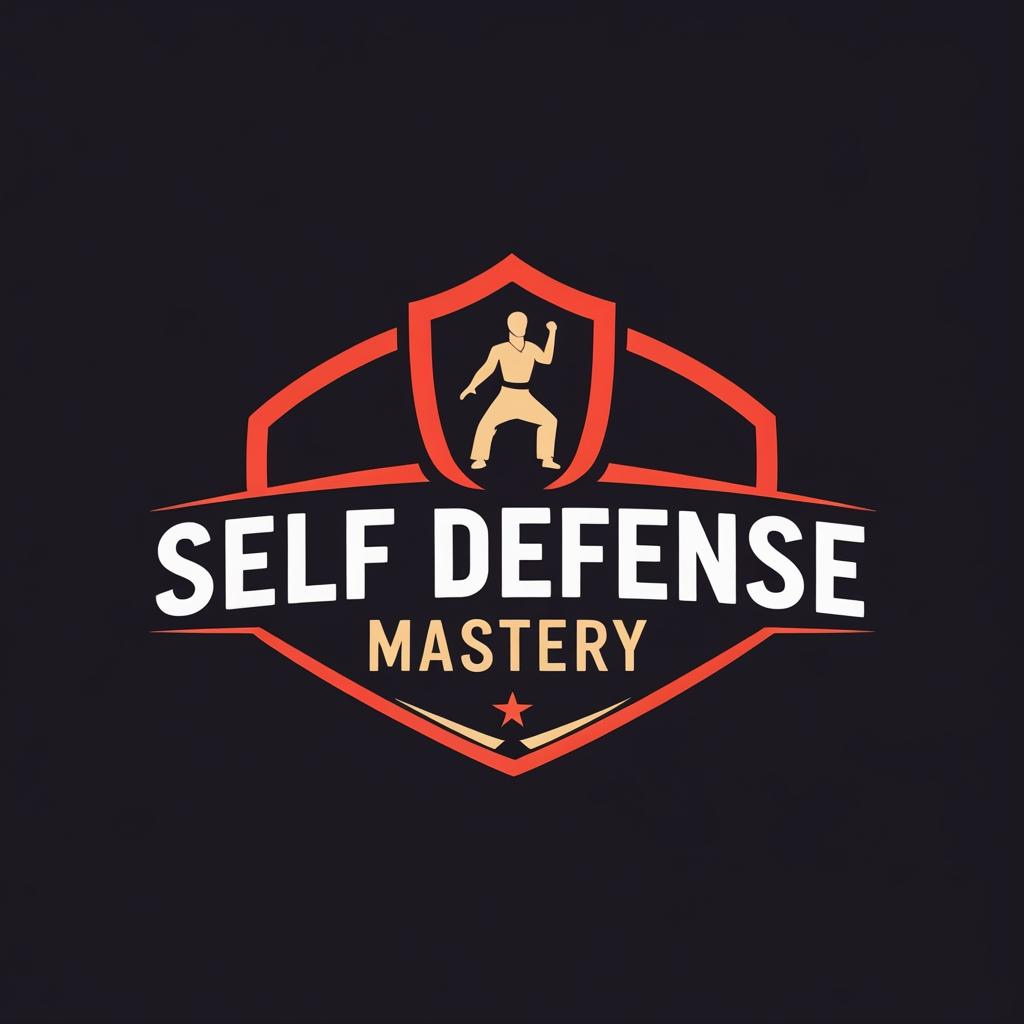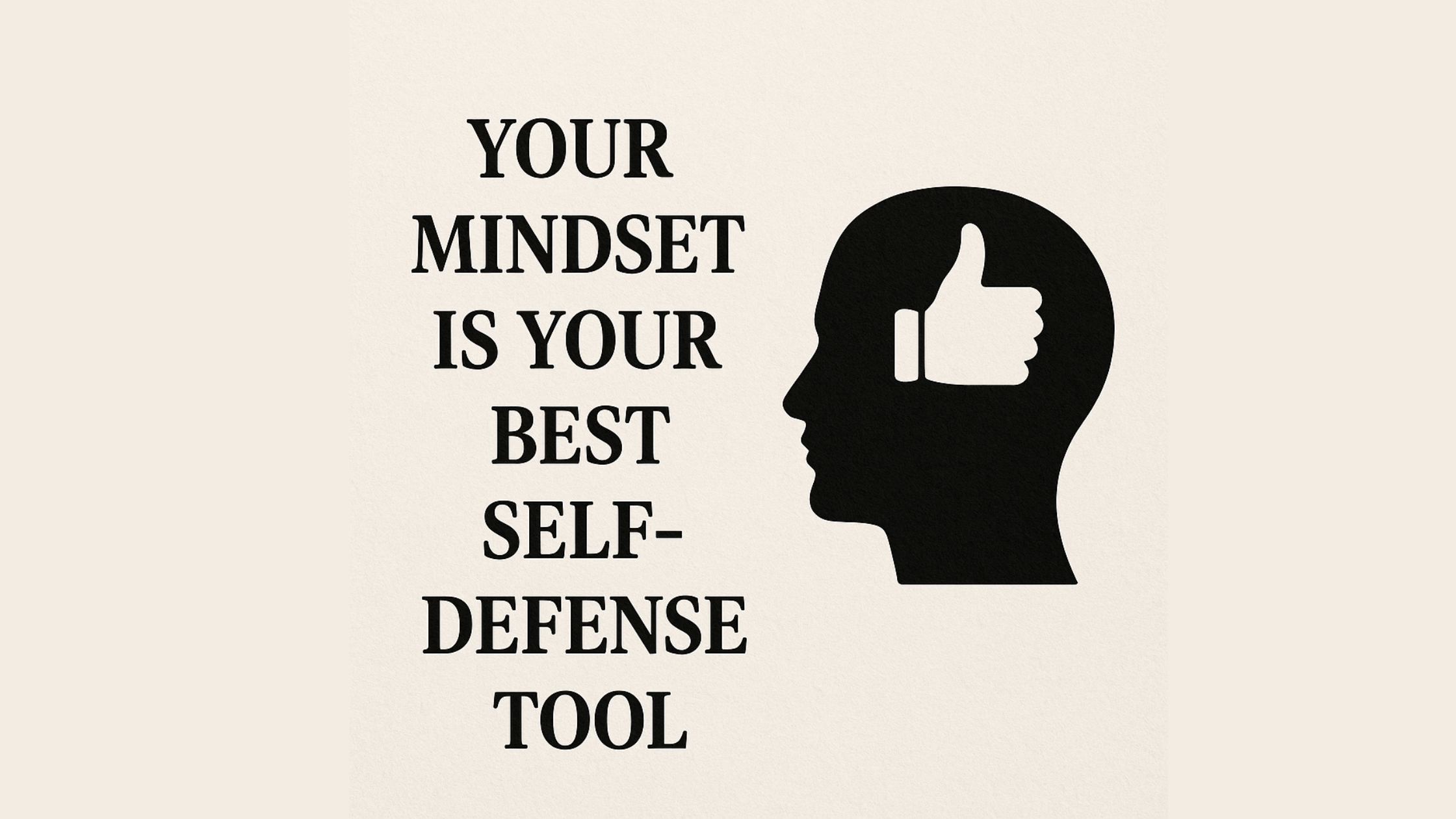
Angry Man on The Street
Situational Awareness: What It Is and Why It Matters
Situational awareness isn’t as complicated as it sounds. It’s simply being aware of what’s happening around you. It’s about noticing details, understanding their meaning, and staying ready to respond. Consider it as paying attention with a purpose; it helps you stay safe and make smarter choices.
You already do this in small ways every day. Crossing a busy street? You check the traffic. On a hike? You watch where you step. Situational awareness is like a supercharged version of that. Let’s break it down.
The Three Steps of Situational Awareness
- Look Around
Start by observing what’s happening. Pay attention to your surroundings: For example, when walking into a café, you might notice the exits, how crowded they are, or if anything feels off.- What’s normal here?
- What stands out?
- Figure It Out
Ask yourself, “What does this mean?” Details only matter if you can connect them. Example: In the café, if someone seems nervous or out of place, it might mean nothing, but it could also be worth keeping in mind.- Is someone behaving oddly?
- Could there be a risk you need to act on?
- Think Ahead
Predict what might happen next so you can stay one step ahead. This is where situational awareness becomes practical.- What’s the best move now?
- Do you need to change what you’re doing?
Affiliate Disclosure
At Self Defense Mastery, some links on this website may be affiliate links. This means that if you click on a link and make a purchase, we may earn a small commission at no additional cost to you. These commissions help us keep the content, guides, and resources on this site free for our readers.
Why Should You Care About Situational Awareness?
It’s not just for pilots, athletes, or first responders. It’s something that makes life easier and safer, no matter who you are.
- Keeps You Safe: Whether walking home at night or operating machinery at work. Spotting risks allows you to avoid them.
- Saves You Time: Knowing what’s going on helps you act faster. In emergencies, every second counts.
- Makes You Sharp: It’s a skill that gets you thinking critically. You’ll see more, understand more, and react better.
Practical Tips for a Self-Defensive Mindset
- Observation
- Always scan your environment for potential threats.
- Identify nearest exits and areas that can serve as safe zones.
- Positioning
- When alone, position yourself with your back to a wall to reduce blind spots.
- Maintain a wide field of view in crowded areas.
- Engagement
- Limit distractions, like excessive mobile phone use, and stay alert.
- Notice the body language and behavior of people around you.
- Preparedness
- Carry tools like a whistle or personal alarm. Learn basic self-defense moves.
- Be mentally prepared. Recognizing and responding quickly to danger can minimize risks.
Did you know?
Every 68 seconds, an American is sexually assaulted, and over 1.2 million violent crimes are reported annually in the U.S. (FBI Crime Data, RAINN).
Easy Ways to Build Your Awareness
You don’t need fancy training to develop better awareness. Here’s how to get started:
- Pay Attention
Stop zoning out! Avoid distractions like your phone or headphones when you’re in public. Simply looking up and being present is a good first step. - Ask Yourself Questions
Wherever you are, try asking: Use these questions to focus on details you might normally overlook.- “What can I see or hear right now?”
- “What’s the mood or vibe here?”
- “Is there anything unusual happening?”
- Practice
Situational awareness improves with time. Start small, try this exercise the next time you’re in a store or park:- Count how many people are around.
- Notice where the exits are.
- Spot anything that seems out of place.
The more you do this, the more automatic it becomes. Eventually, it becomes part of your daily routine.
Actionable Idea
Try this exercise next time you’re in public:
- Look for three exits.
- Identify one person who looks stressed or suspicious.
- Review how you’d handle a sudden emergency in that environment.
This type of practice can strengthen your situational awareness over time.
Take Charge of Your Awareness
Situational awareness isn’t a skill reserved for specific professions; it’s something you can build and use daily. By paying closer attention, spotting patterns, and thinking ahead, you gain control over how you navigate the world.
It’s not just about staying safe; it’s about being proactive, confident, and prepared. Whether you’re walking through a crowded city, traveling, or simply running errands, this intentional focus can give you an edge.
So, start small today. Look up, tune in, and notice what’s happening around you. The more you practice, the sharper your awareness will become.
Your environment is full of information. Are you ready to see it?






